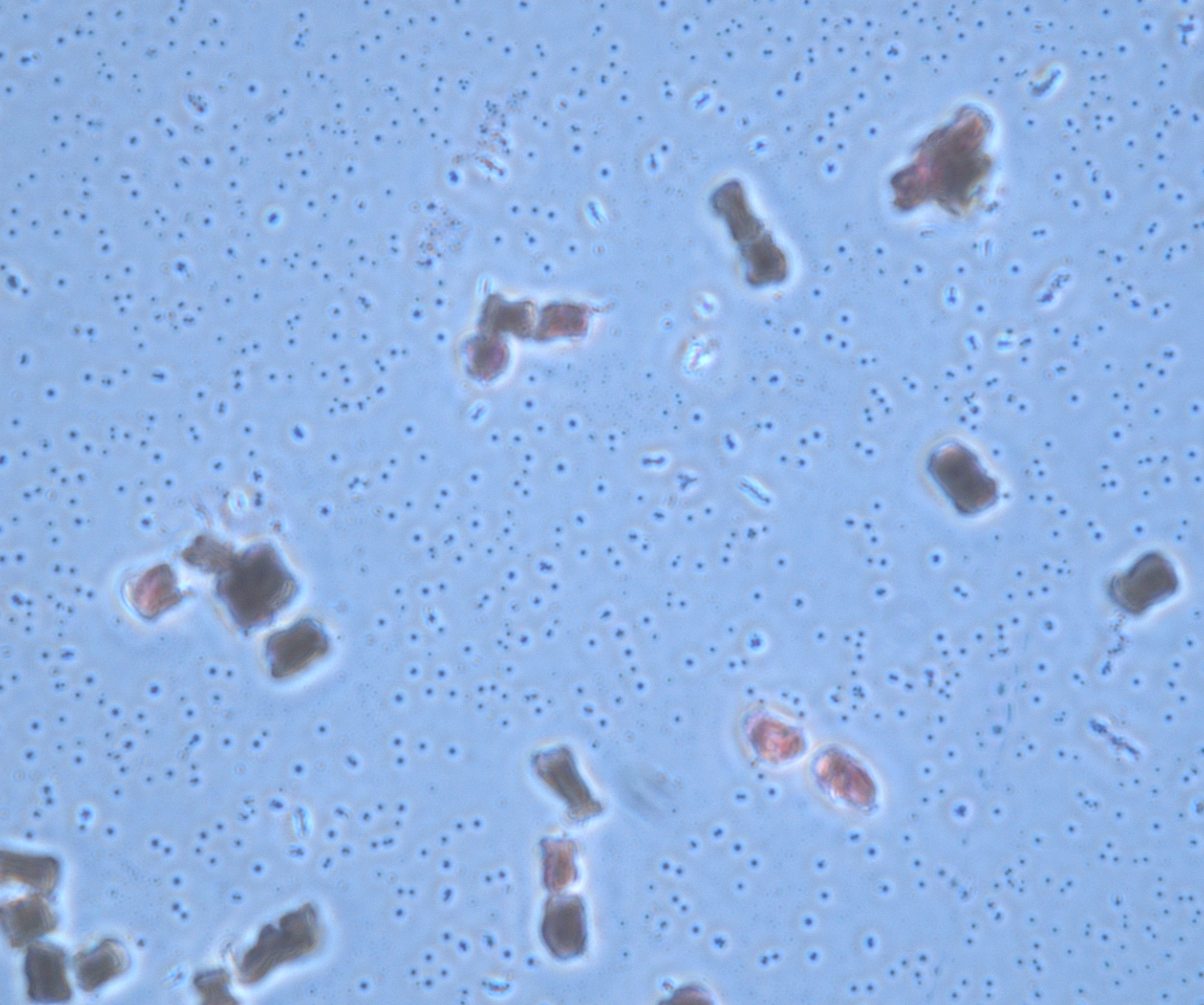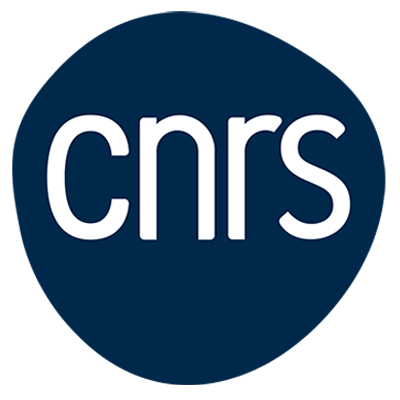IEA CHRONOS
Looking baCK in the past and predicting the future: micROalgae-bacteria iNteractiOns in Sediment DNA/RNAIEA CHRONOS
2022 – 2023
Contact:
Introduction
The project described herein is the result of an emerging collaboration between two laboratories, from the CNRS and University of Nantes in France, Epigenomics of microalgae and interactions with the environment (Dr Leila Tirichine) and the Institute for Marine and Antarctic Studies at the University of Tasmania, Hobart in Australia (Dr Linda Armbrecht). The project between these two laboratories with complementary expertise aims at exploring microalgae-bacteria interactions in sediments as old as 11,000 years to go back in time and better understand the evolution of these interactions as we know them today.
Indeed, microalgae and bacteria coexisted over millions of years thereby leading to the development of complex organisms and revolutionizing life on Earth. Microalgae-bacteria interactions are a reflection of their environment and, therefore, are informative of the type of pressures experienced by species perimortem. Antarctica is a suitable location to study how such interactions may be affected by ongoing climate change, as this region is one of the fastest warming places on Earth. Nucleic acid diversity of both prokaryotes and eukaryotes from marine sediments which are preserved in the form of ‘ancient’ DNA/RNA, is a novel procedure for estimating past and future diversity. When combined with measures of environmental factors, impacts of the fast changes on species diversity can be predicted.
Objectives of the research project
The aim of the IEA proposal is to set the stage for the study of holobiont diversity of Antarctic sediment samples. This includes the experimental design (meaning the choice of the sampling locations and cores to consider), the depth in the sediment to sample, number of replicates, the protocols to consider or improve for nucleic acid extraction as well as the sequencing techniques and bioinformatics tools to use. The French and Australian collaboration will address fundamental questions about the impact of climate change on what is today at the base of the food web: phyto- and bacterio-plankton.
Institutions and laboratories involved
France
UMR6286 Unité de Biologie et Biotechnologies de Nantes – US2B (CNRS/Université de Nantes)
Australia
Institute for Marine and Antarctic Studies (University of Tasmania, Hobart)

Diatoms bacteria interactions in an environmental sample

Iceberg observed during an R/V Investigator voyage to East Antarctica in 2017. Photo credit: Asaesja Young, CSIRO.

Kasten core collected during an R/V Investigator voyage to East Antarctica in 2017. Photo credit: MNF/CSIRO.
